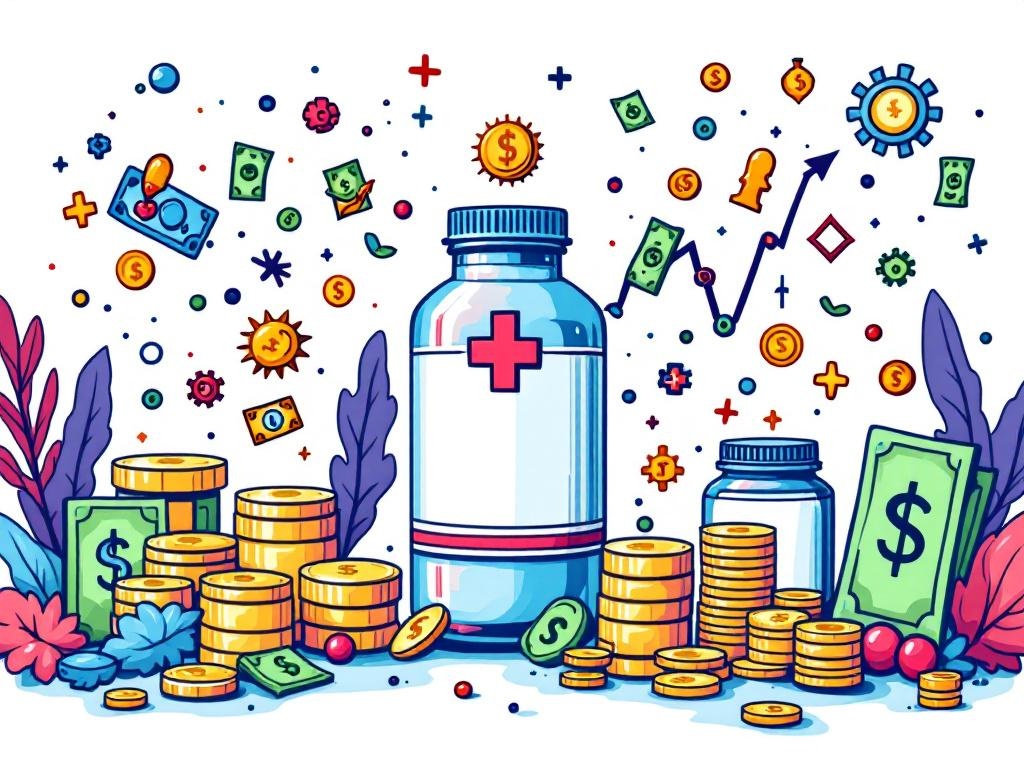Immune Health Supplements Market to Reach USD 56.23 Billion by 2032

United States, Monday, 30 June 2025.
The U.S. immune health supplements market, valued at USD 8.43 billion in 2024, is projected to reach USD 17.44 billion by 2032, driven by trends in preventive health and personalized nutrition.
Market Dynamics and Growth Drivers
The U.S. immune health supplements market is on a promising trajectory, expected to double its current value by 2032. This growth is largely driven by an increasing consumer emphasis on preventive health measures and personalized nutrition. The COVID-19 pandemic has significantly heightened awareness of immune health, encouraging consumers to proactively manage their wellness with supplements. Key drivers for this market surge include a growing aging population and the widespread adoption of natural and organic products [1].
Economic Implications
The expansion of the immune health supplements market is expected to have several positive economic implications. For starters, it could lead to increased job creation within the sectors of manufacturing, research and development, and marketing of health supplements. Furthermore, it may boost allied industries such as packaging and distribution networks. As companies expand their offerings to meet the growing demand, the competition will likely foster innovation and improve product quality [1].
Challenges and Strategic Opportunities
Despite the promising growth, the immune health supplements market faces challenges such as regulatory hurdles and the need for scientific validation of health claims. Companies must navigate the complexities of compliance with health regulations to avoid legal setbacks. Nevertheless, there are strategic opportunities, particularly in personalized nutrition, where advances in technology allow for the tailoring of supplements to individual health needs. Companies like Nature’s Way and NOW Foods are already investing in innovation to strengthen their market position [1].
Future Outlook
Looking ahead, the immune health supplements market is poised to integrate more deeply with digital health solutions, offering consumers data-driven insights into their health. This integration is expected to drive further demand as consumers increasingly rely on technology to monitor and improve their wellness. Additionally, the market’s evolution towards clean-label products will continue to align with consumer preferences for transparency and sustainability, making it a noteworthy sector for investment and development in the coming years [1].